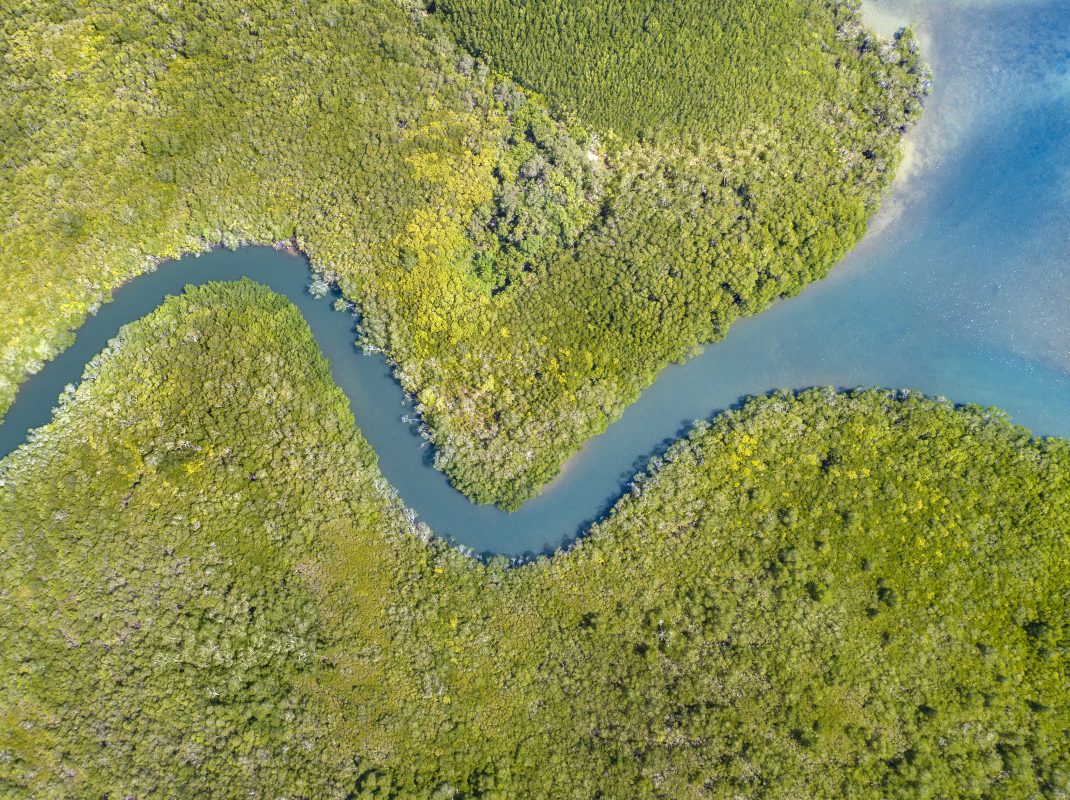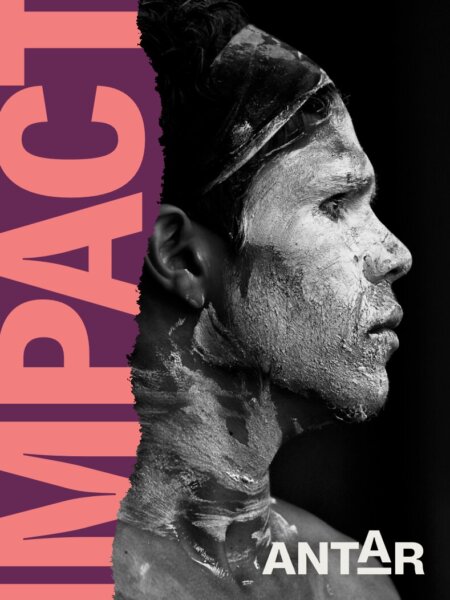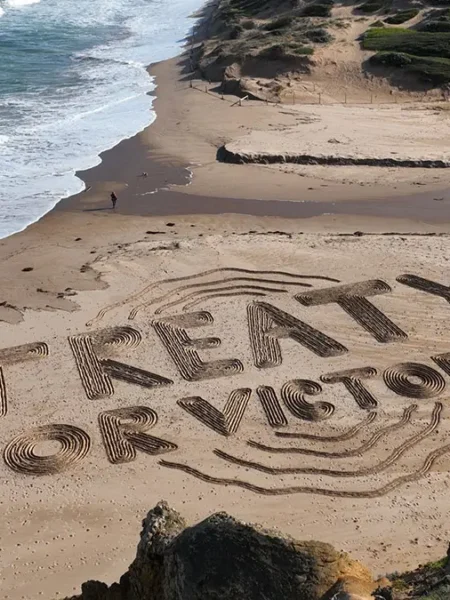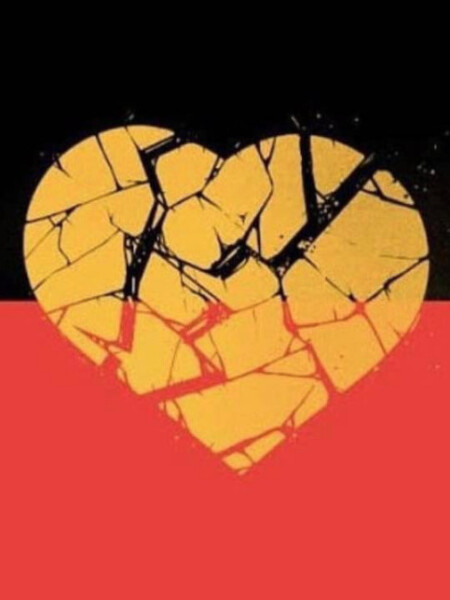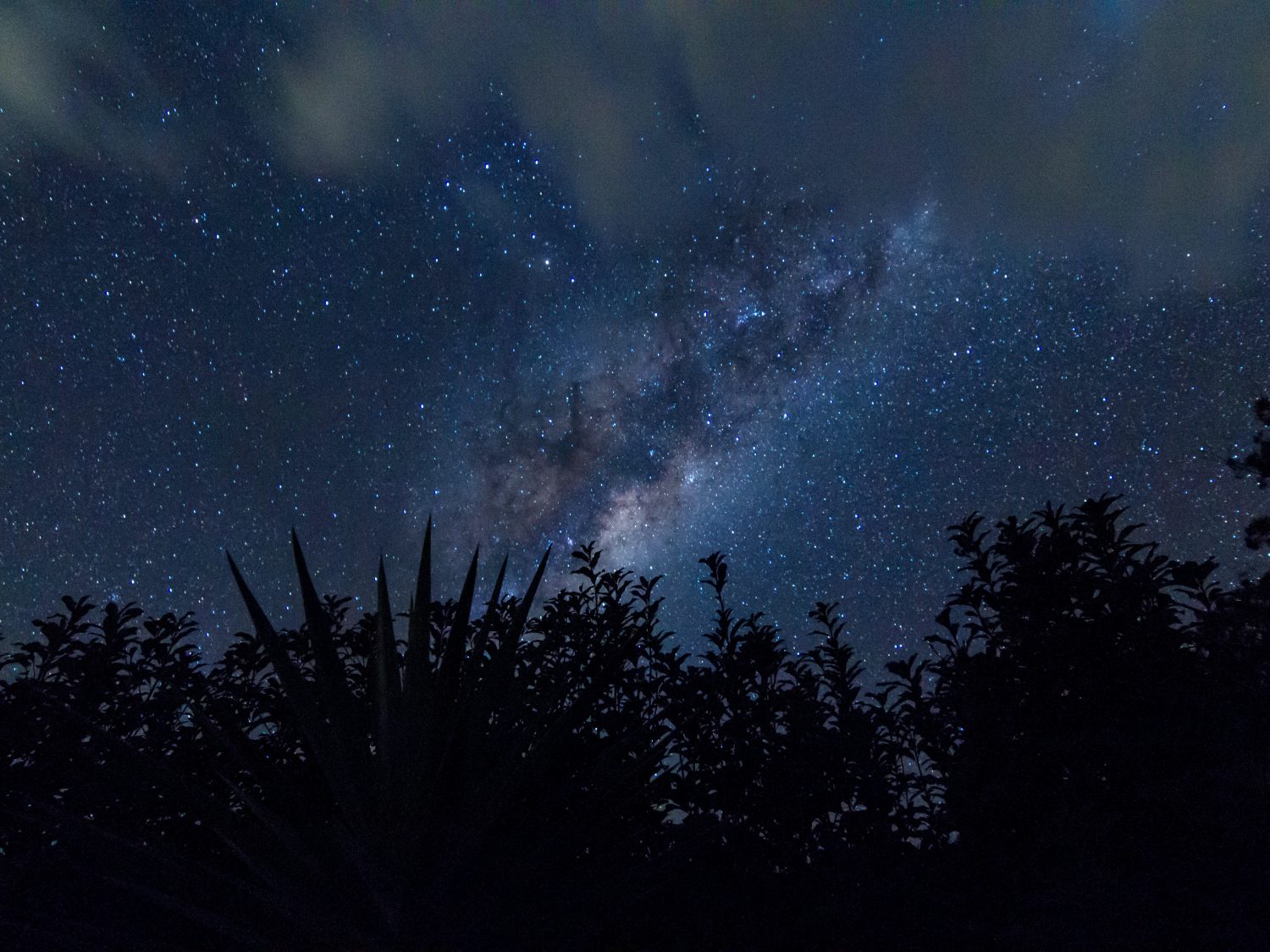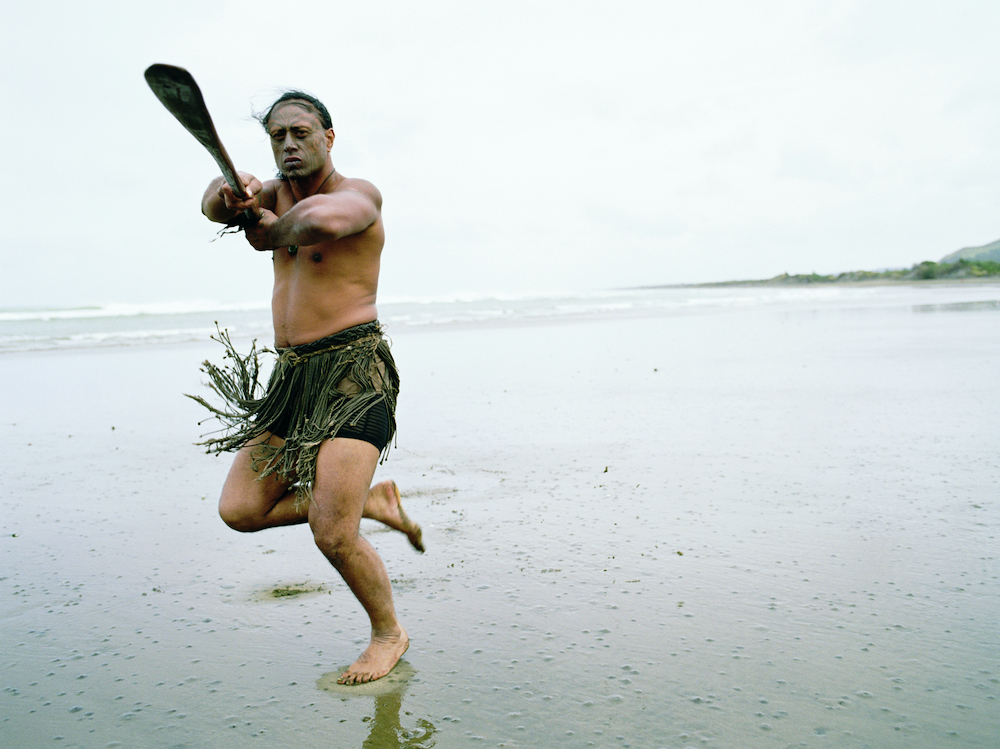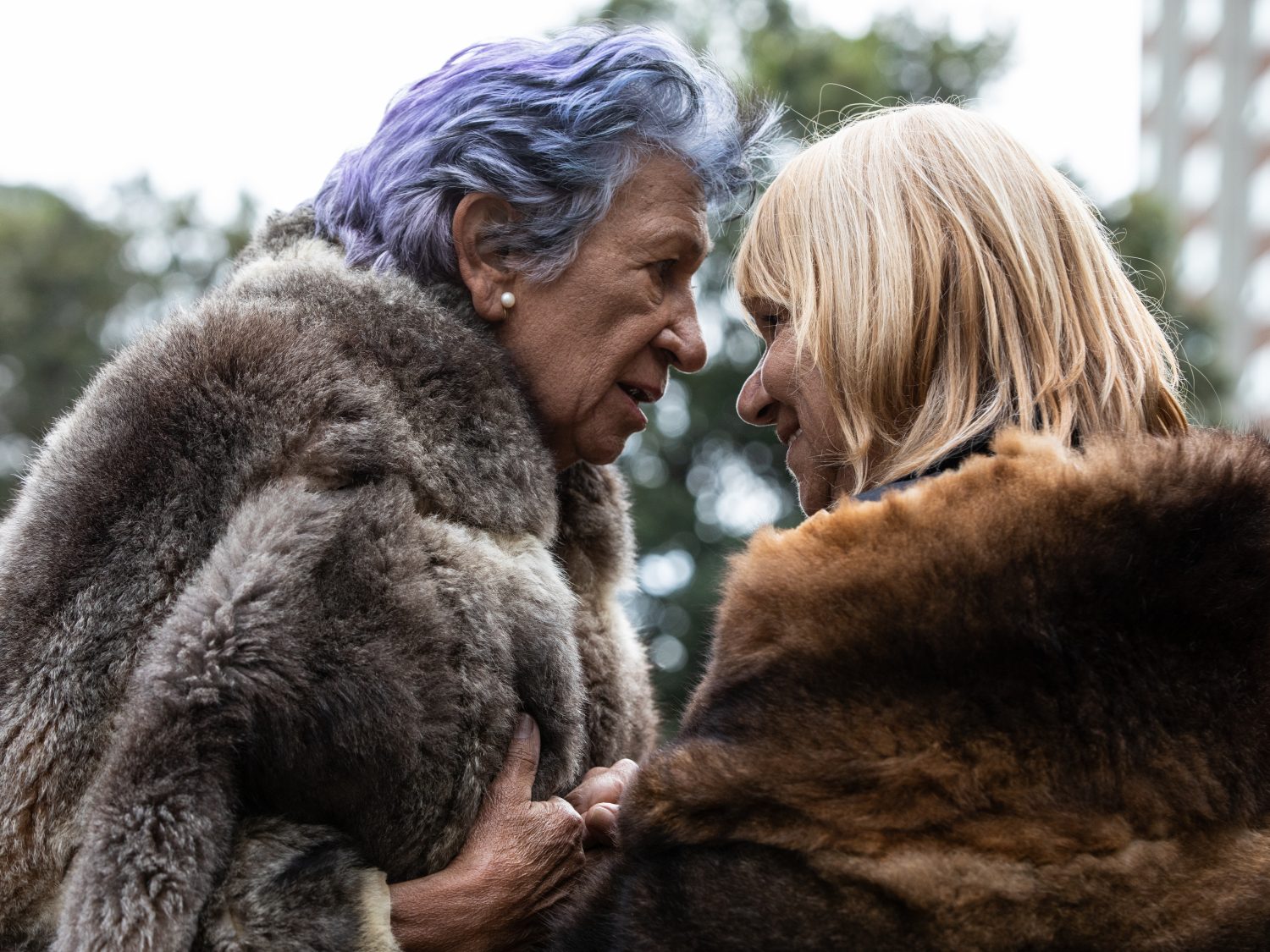BACKGROUND
On 22 August 1770, Lieutenant James Cook landed on Bedanug Island off the south-western tip of Cape York. On the traditional lands of the Kaurareg and Gudang Yadhaykenu peoples, Cook claimed possession of the eastern Australian coastline for King George III. Cook did so against his instructions, which specifically directed him to take possession ‘with the consent of the natives’.
In the early 1980s, Eddie Koiki Mabo initiated a claim to his traditional lands in the Torres Strait. In June 1992, the High Court found in favour of Eddie Mabo. The Court determined that the lands of this continent were not terra nullius and that the Meriam people were ‘entitled as against the whole world to possession, occupation, use and enjoyment of the island of Mer’. The High Court judgment in the Mabo v Queensland (No.2) altered the foundation of land law in Australia and paved the way for the passing of the Native Title Act 1993 (Cth) in the Australian Parliament the following year.
Despite this hard won success, it was not until July 2019 that treaty talks began in Queensland, with the then Queensland Deputy Premier Jackie Trad announcing that the State would begin a conversation about a pathway to treaty with Aboriginal and Torres Strait Islander peoples.
The Government established a bipartisan Eminent Panel of First Nations and non-Indigenous leaders and a Treaty Working Group to advise on treaty process. The Treaty Working Group conducted public consultations across the state and provided a report to the Eminent Panel. The Eminent Panel engaged with key stakeholders across Queensland in the second half of 2019 and submitted ‘Advice and Recommendations’ to the Government in February and May 2020.
In February 2021, the Queensland government established the Treaty Advancement Committee which undertook further consultations to assess support for the process and submitted its final report to government in October 2021.
In June 2021, the Queensland government established a $300 million Path to Treaty Fund to support the process. In March 2022, the government responded to the Treaty Advancement Committee’s recommendations and committed to actioning the establishment of a legislated First Nations Treaty Institute, a Truth-telling and Healing Inquiry, as well as an Independent Interim Body (IIB), composed of First Nations leaders and non-Indigenous representatives, to oversee treaties processes in Queensland.
The Queensland government established the inaugural IIB on 16 August 2022, renamed the Interim Truth and Treaty Body (ITTB) which consists of ten members to oversee the co-design of treaty and truth-telling reforms with First Nations peoples. On the same date, the Queensland government also signed a Path to Treaty Commitment that signifies the State being open to hear First Nations persons truth-telling.
The Path to Treaty Bill 2023 (Qld) was tabled to the Queensland Parliament on 22 February 2023. Path To Treaty 2023 Public Forums were led across regional Queensland between 20 to 24 March 2023, where ITTB and First Nations participants discussed the co-design of a pathway to treaty.
On 10 May 2023, the Queensland government passed the Path To Treaty Act 2023 (Qld). This legislation establishes the judicial framework of the First Nations Treaty Institute as well as a Truth-telling and Healing Inquiry to investigate the impacts of colonisation on First Nations peoples. The Inquiry is set to run for three years and will be composed of First Nations persons as well as non-Indigenous representatives.
In a move not unlike what happened in Victoria, the Queensland opposition in January 2024 backflipped on their support for treaty, with Liberal National Party leader David Crisafulli announcing that the First Nations Treaty Institute would be scrapped as a matter of priority if his Coalition government were to be elected.
Despite this, former Acting Northern Territory Treaty Commissioner and Wirdi man Tony McAvoy SC said the treaty process did not legally need bipartisan support to proceed, but that First Nations peoples in the state were being punished after the Voice referendum loss.
(The LNP) are engaged in a cynical exercise where First Nations are treated as collateral damage in the desire for political power.
Tony McAvoy SC
The co-chair of Queensland’s interim truth and treaty body, Aaron Fa’Aoso, revealed that the Queensland government had given assurances that its treaty process will proceed, saying the government had confirmed it would release expressions of interest soon, as planned, for two key bodies – a treaty council, and a board of inquiry to conduct a truth telling and healing process.
Further Reading
Treaty in Queensland Factsheet
To read a more in depth account of Treaty in Queensland, you can access our Factsheet here.
Other links
